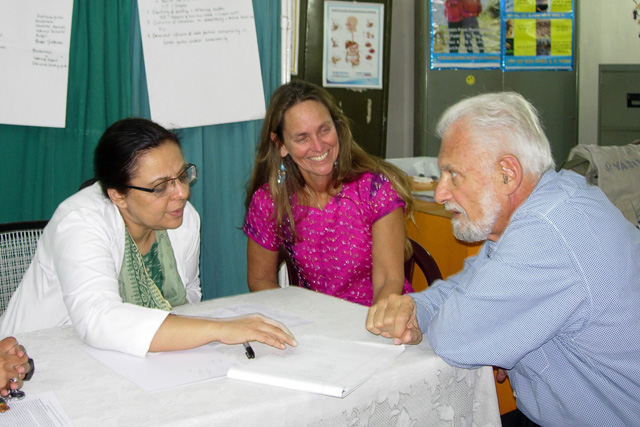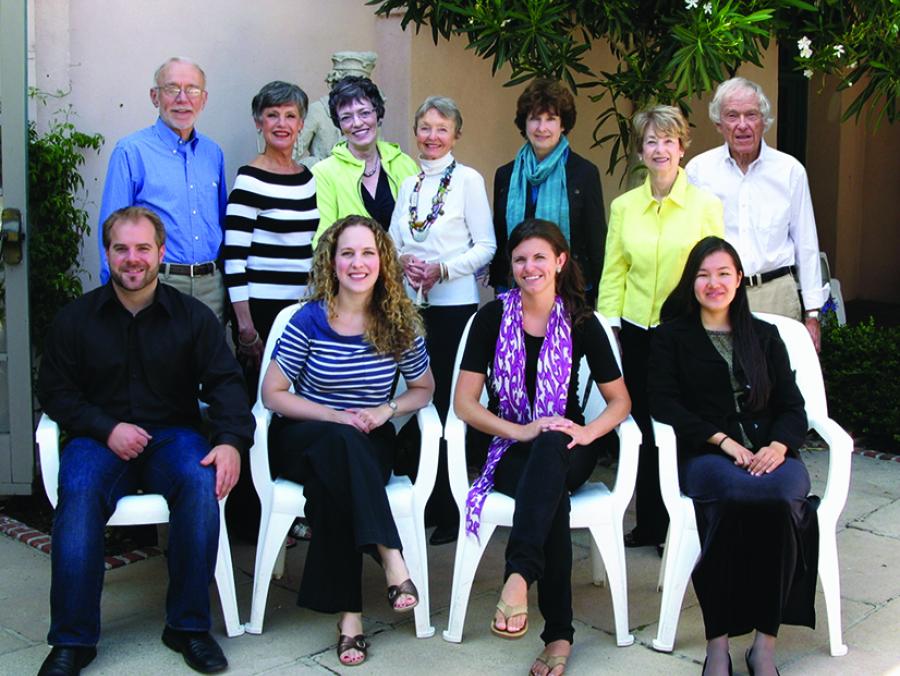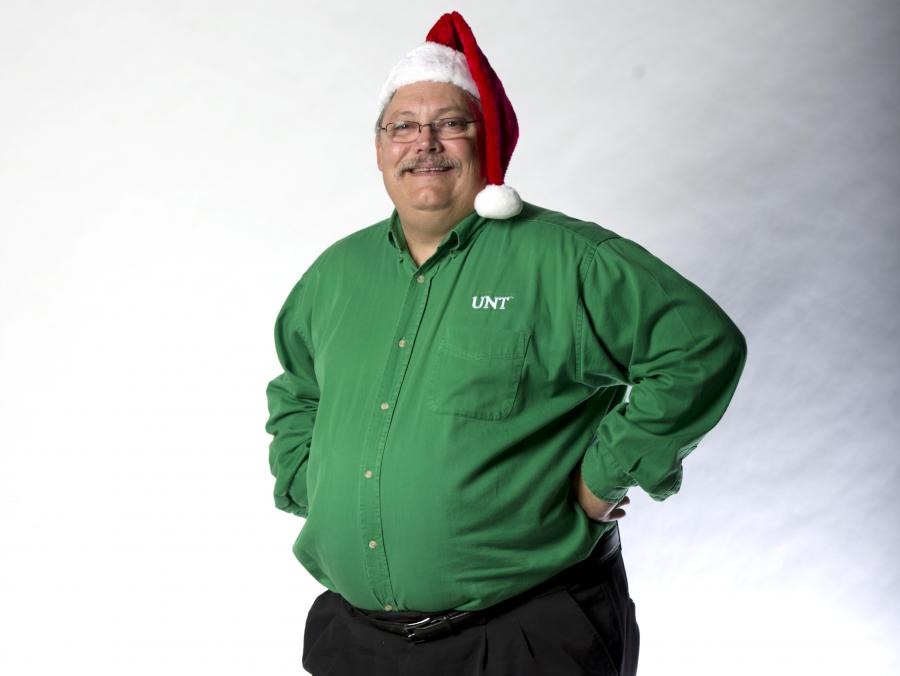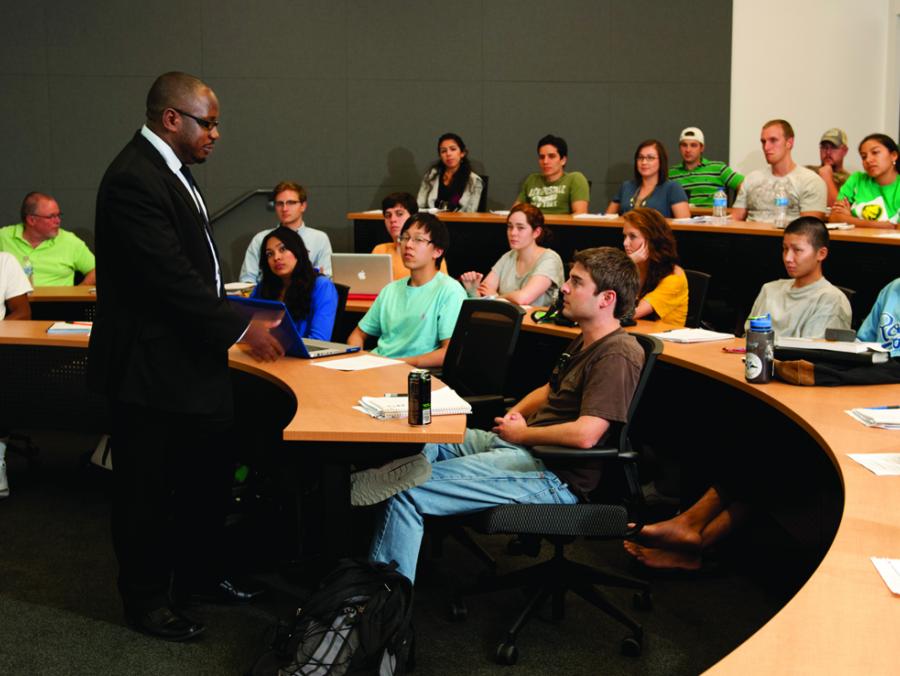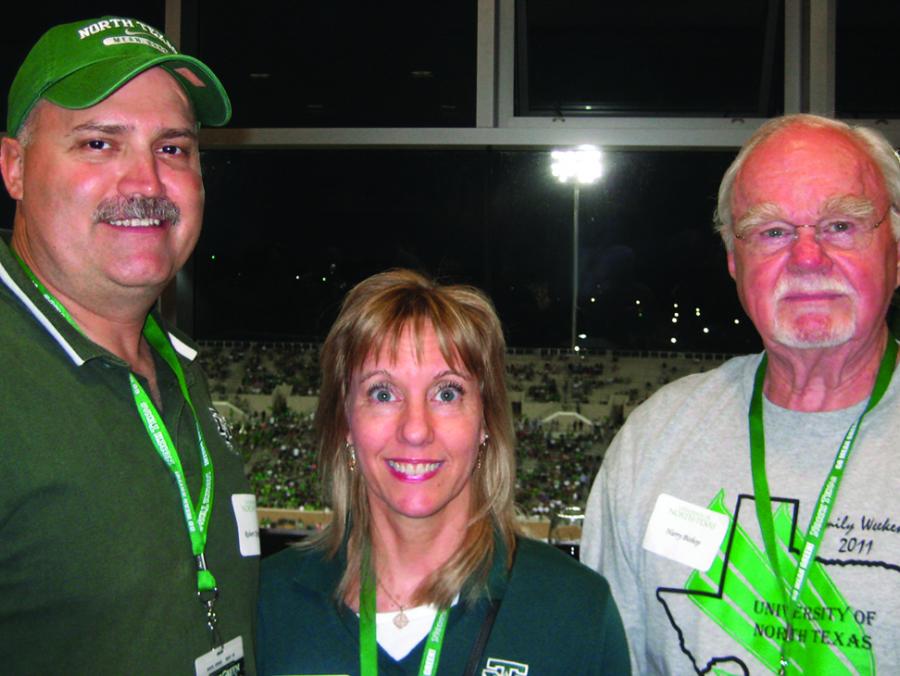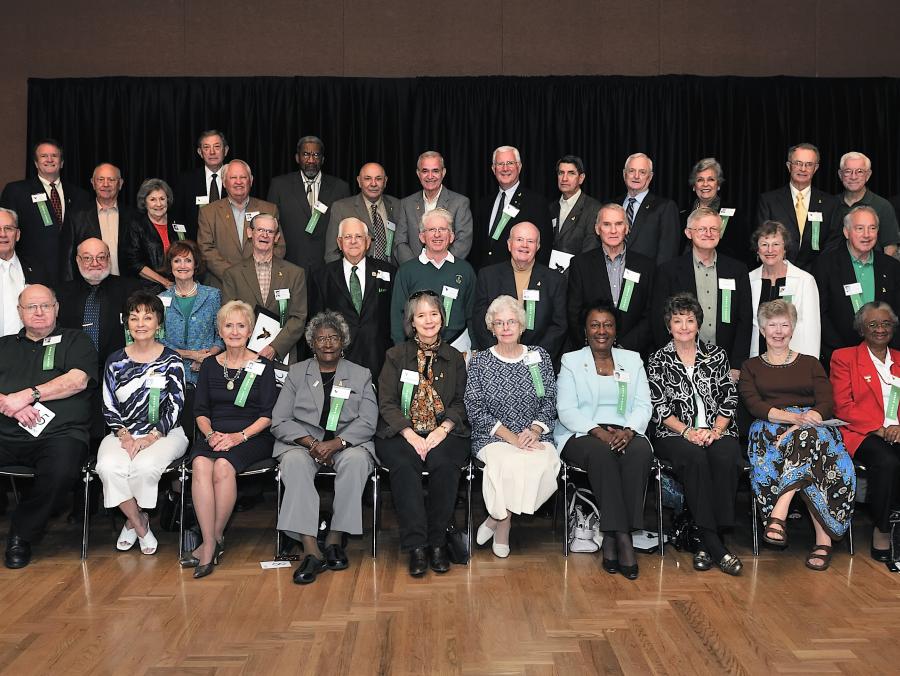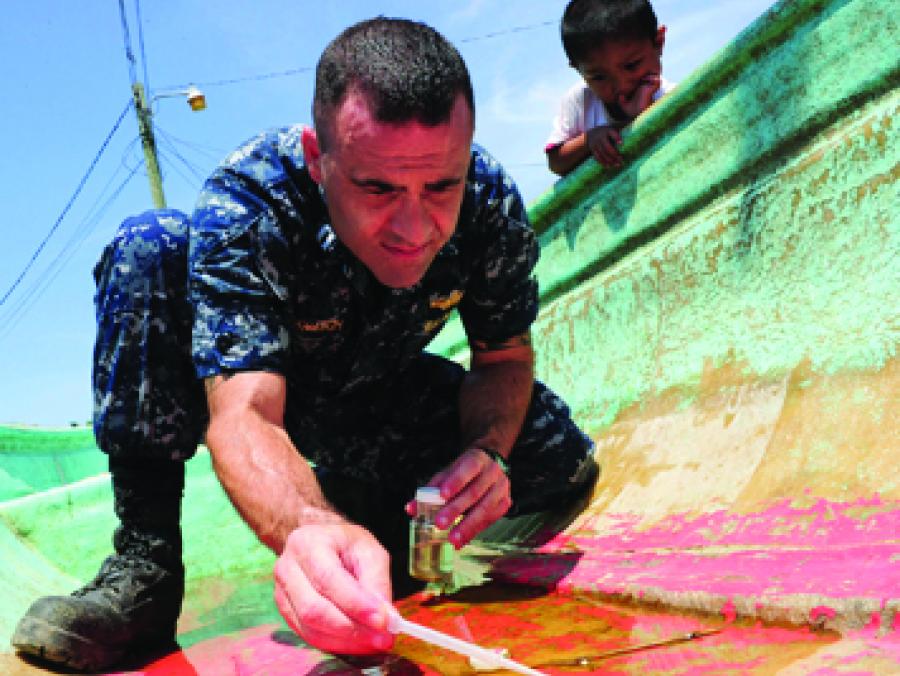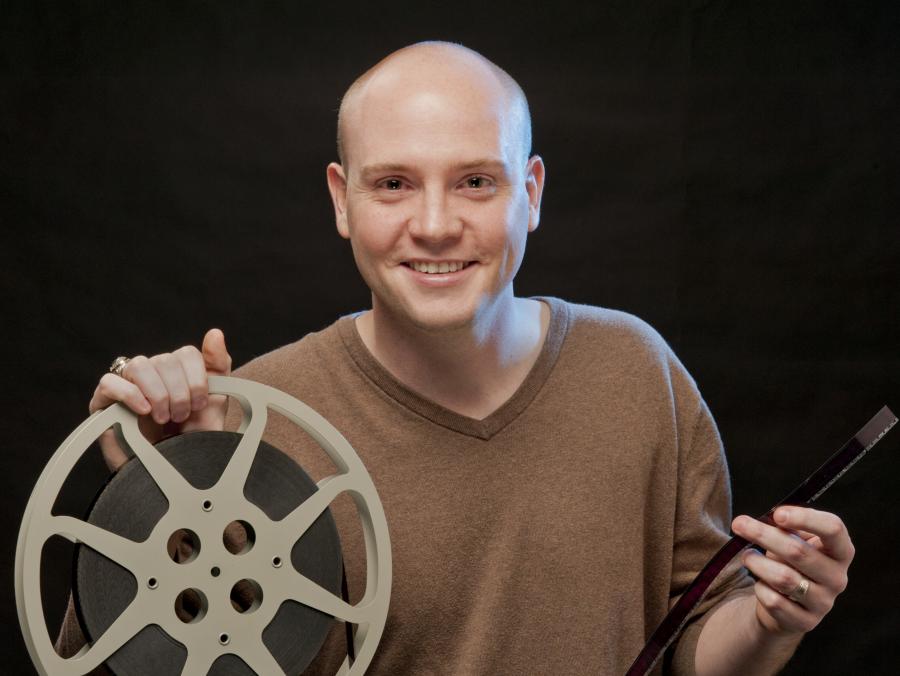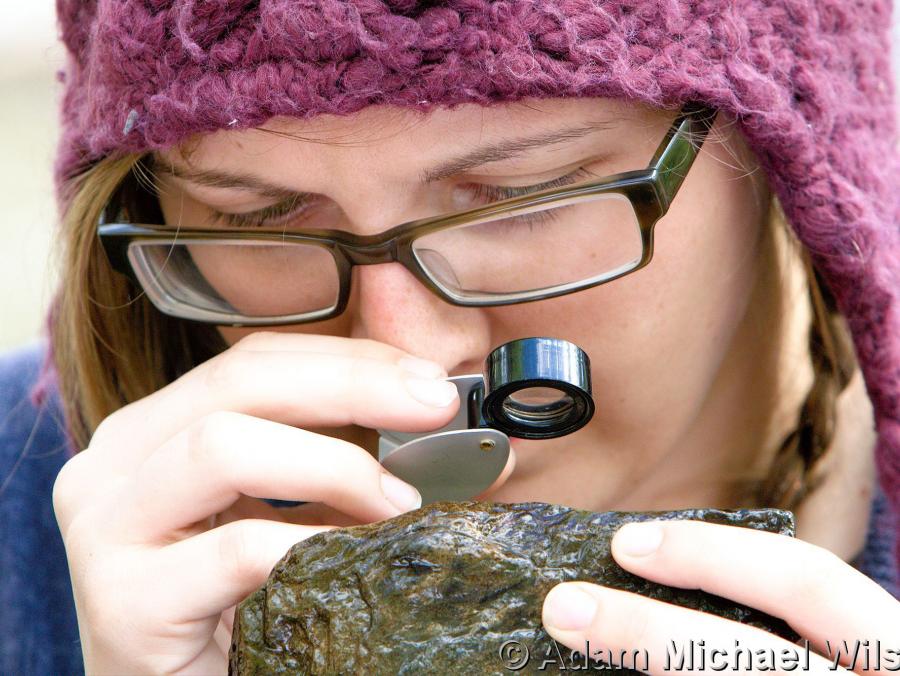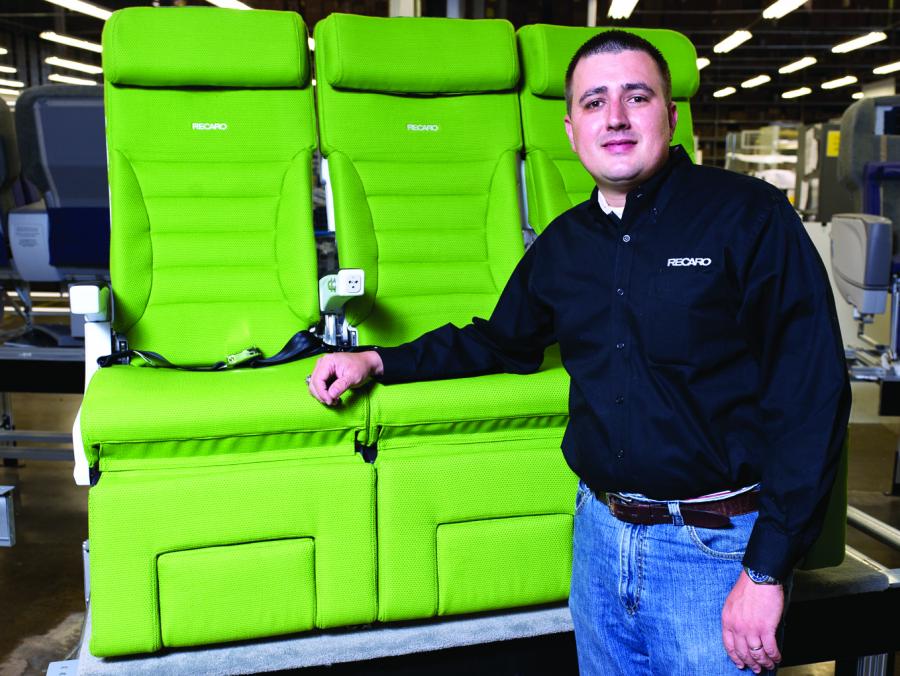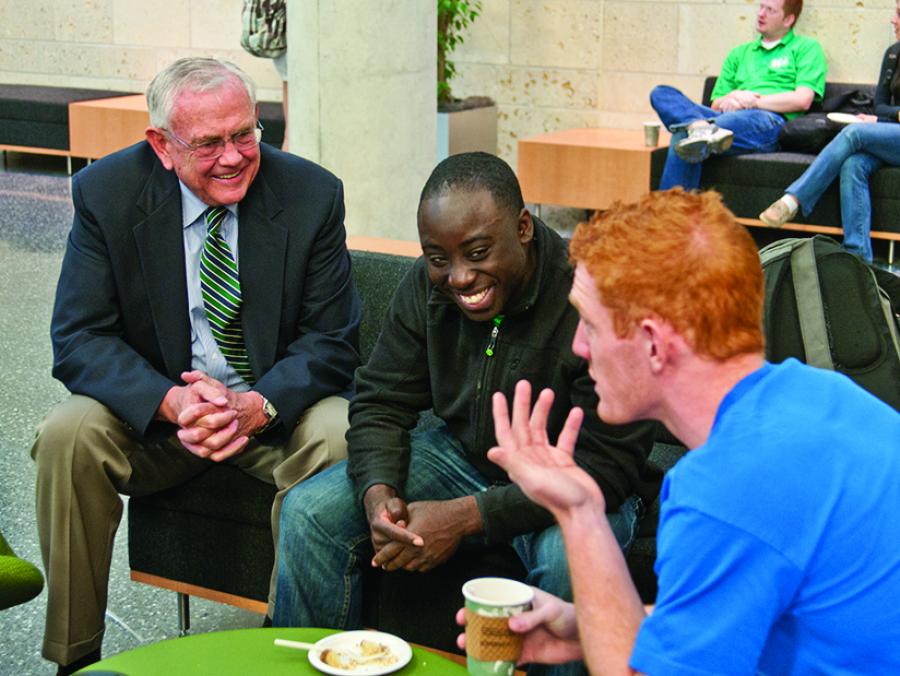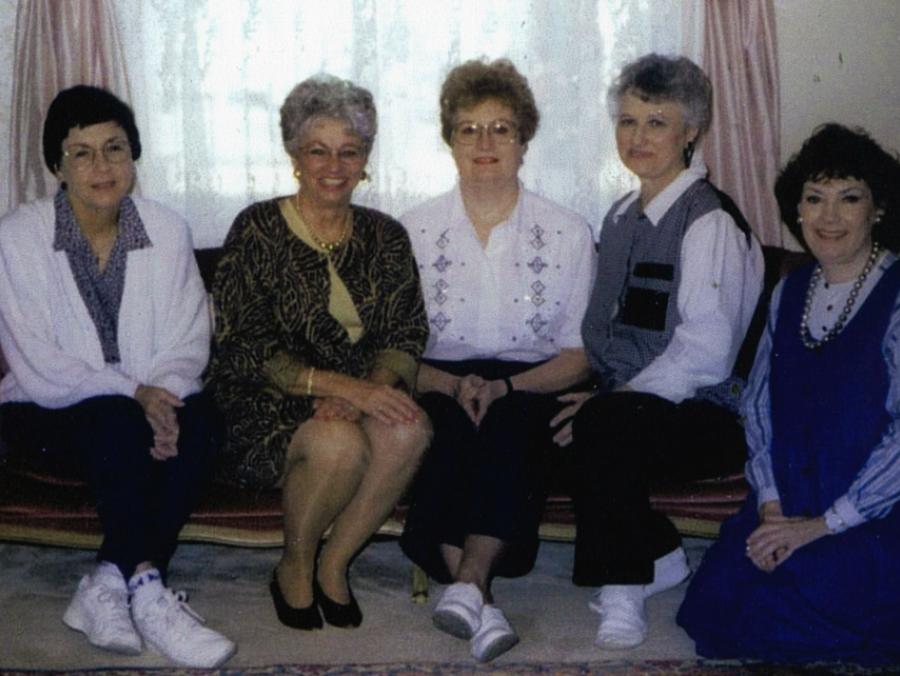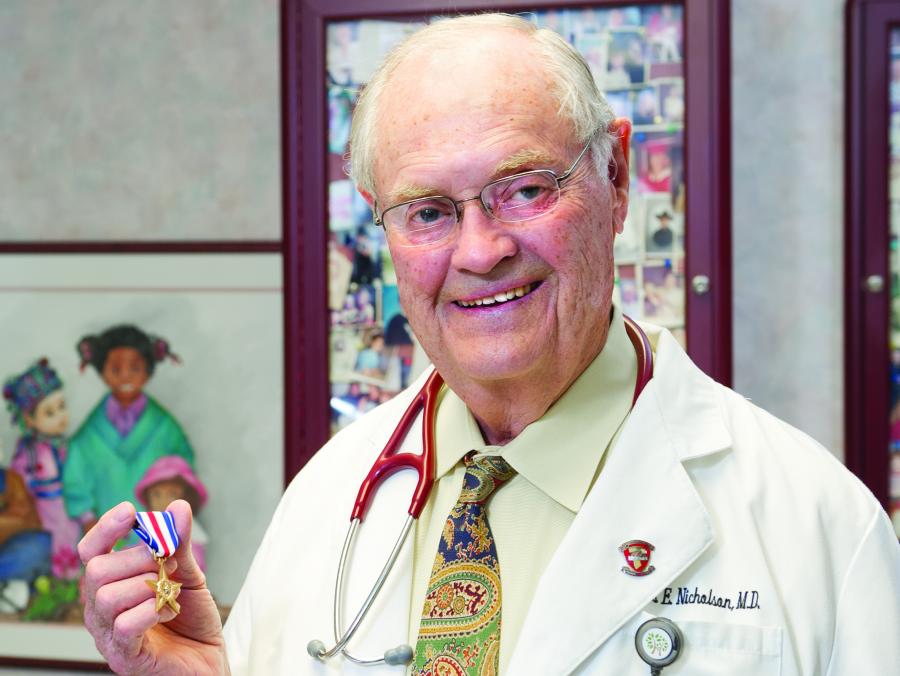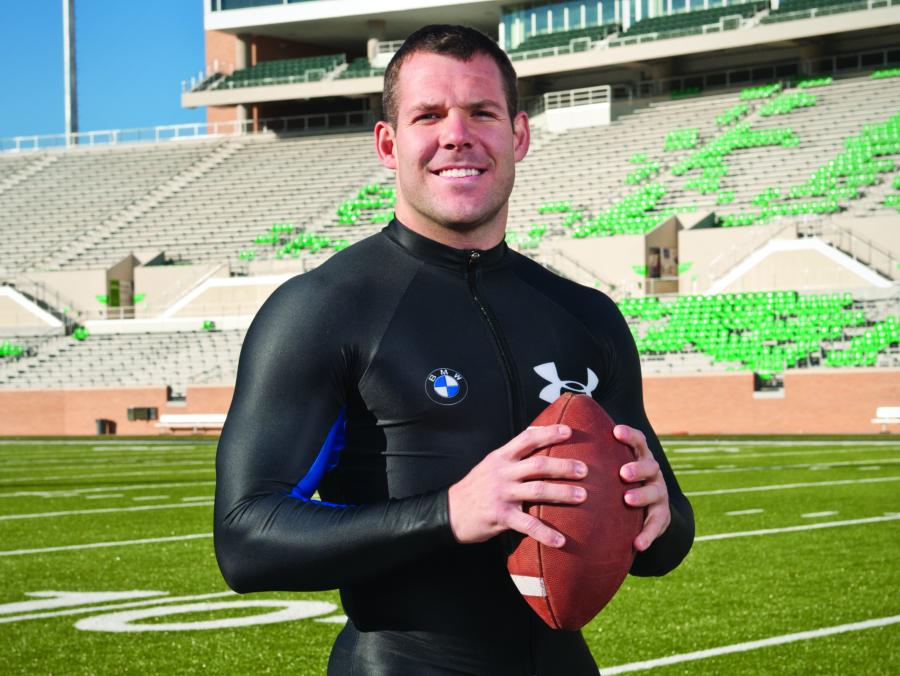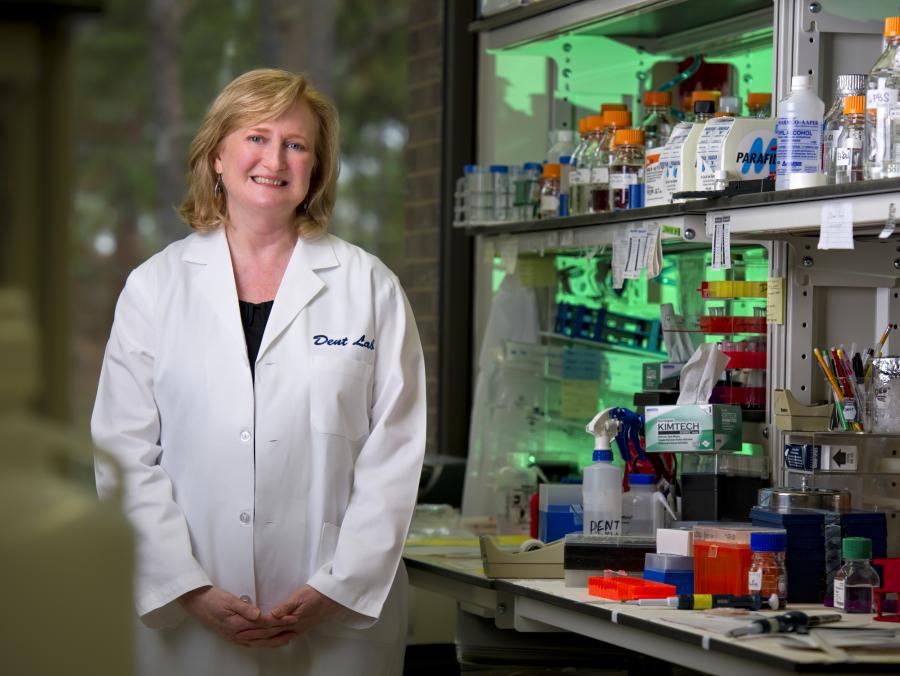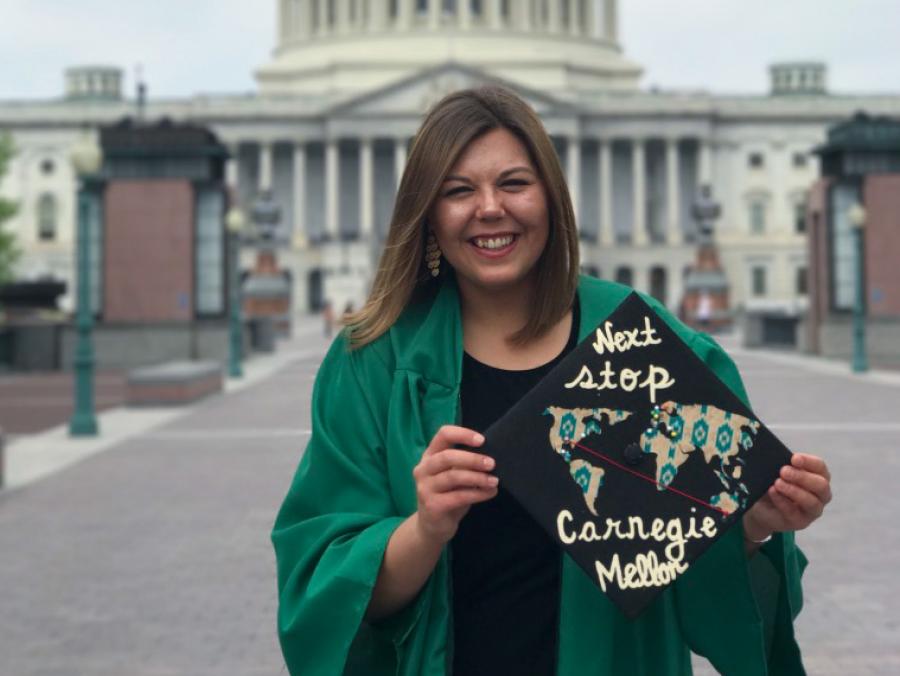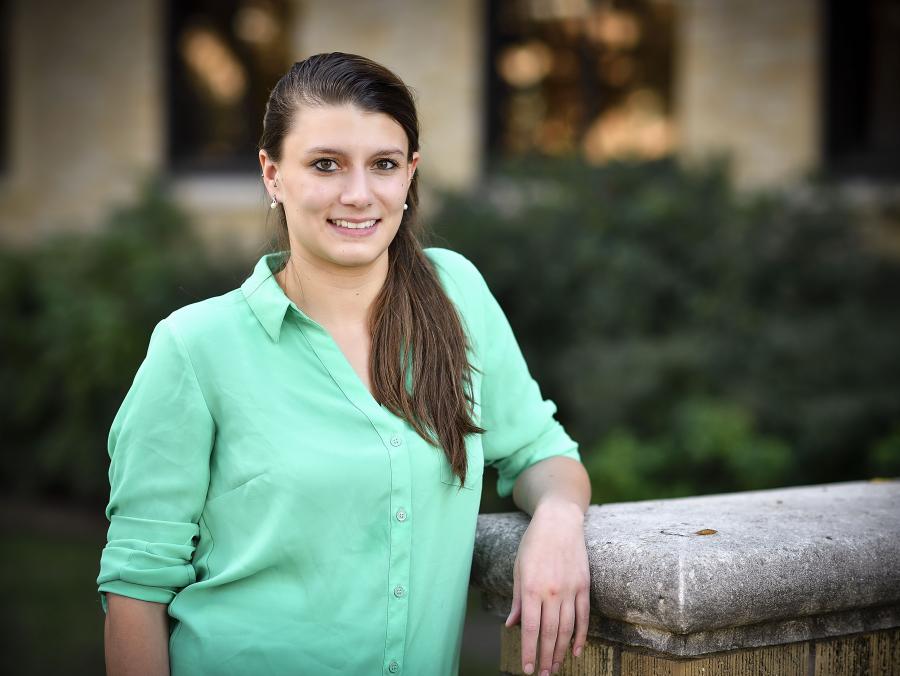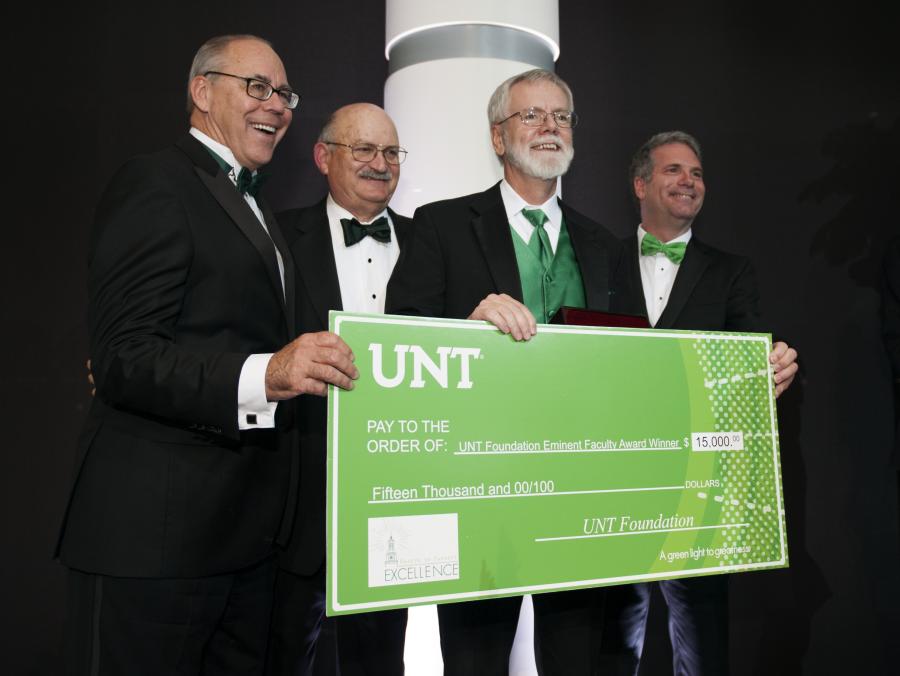Prevention education
 For international researchers like Deborah Jones (’96 M.A, ’98 Ph.D.), UNT is the destination for graduate research. She chose the nationally ranked psychology department because of the faculty researchers and degree programs. Jones’ involvement in HIV prevention education began in 1985 as she worked in Western Australia and Berlin before entering UNT for master’s and doctoral work in clinical psychology.
For international researchers like Deborah Jones (’96 M.A, ’98 Ph.D.), UNT is the destination for graduate research. She chose the nationally ranked psychology department because of the faculty researchers and degree programs. Jones’ involvement in HIV prevention education began in 1985 as she worked in Western Australia and Berlin before entering UNT for master’s and doctoral work in clinical psychology.
“Dr. Sharon Jenkins, my thesis professor of clinical psychology, was the only person I could find in the U.S. who worked on both HIV and trauma,” she says. “Dr. Kenneth Sewell, my dissertation chair, was an expert in how people process traumatic experiences."
Today, Jones is a research associate professor in the Department of Psychiatry and Behavioral Sciences at the University of Miami. She became director of the Program on HIV and Women for the university’s Developmental Center for AIDS Research in 2008.
Medical Solutions
Her work with HIV and health psychology takes her to Swaziland and Zambia in southern Africa and to India. By focusing on HIV prevention education with people who are HIV positive, she is helping to reduce the transmission of the virus, enhancing the quality of life for those infected and improving the treatment outcomes for those on medication.
Since Jones’ first National Institutes of Health grant in 2001, she has had ongoing funding for her interdisciplinary research on the bio-behavioral components of the etiology, treatment and prevention of chronic disease. And in addition to being an ad hoc member of review committees for the National Institutes of Health, the Centers for Disease Control and Prevention, and the Medical Research Council in the U.K., she is a reviewer on numerous journals and an active contributor to literature in her field.
“My goal is to enhance treatment outcomes for those living with HIV, to reduce HIV transmission and to maximize the impact of these studies by translating strategies to the community setting,” she says. “UNT gave me a fabulous education and the inspiration and skills to become a behavioral scientist. And now I work all around the world applying what I learned from my professors.”
